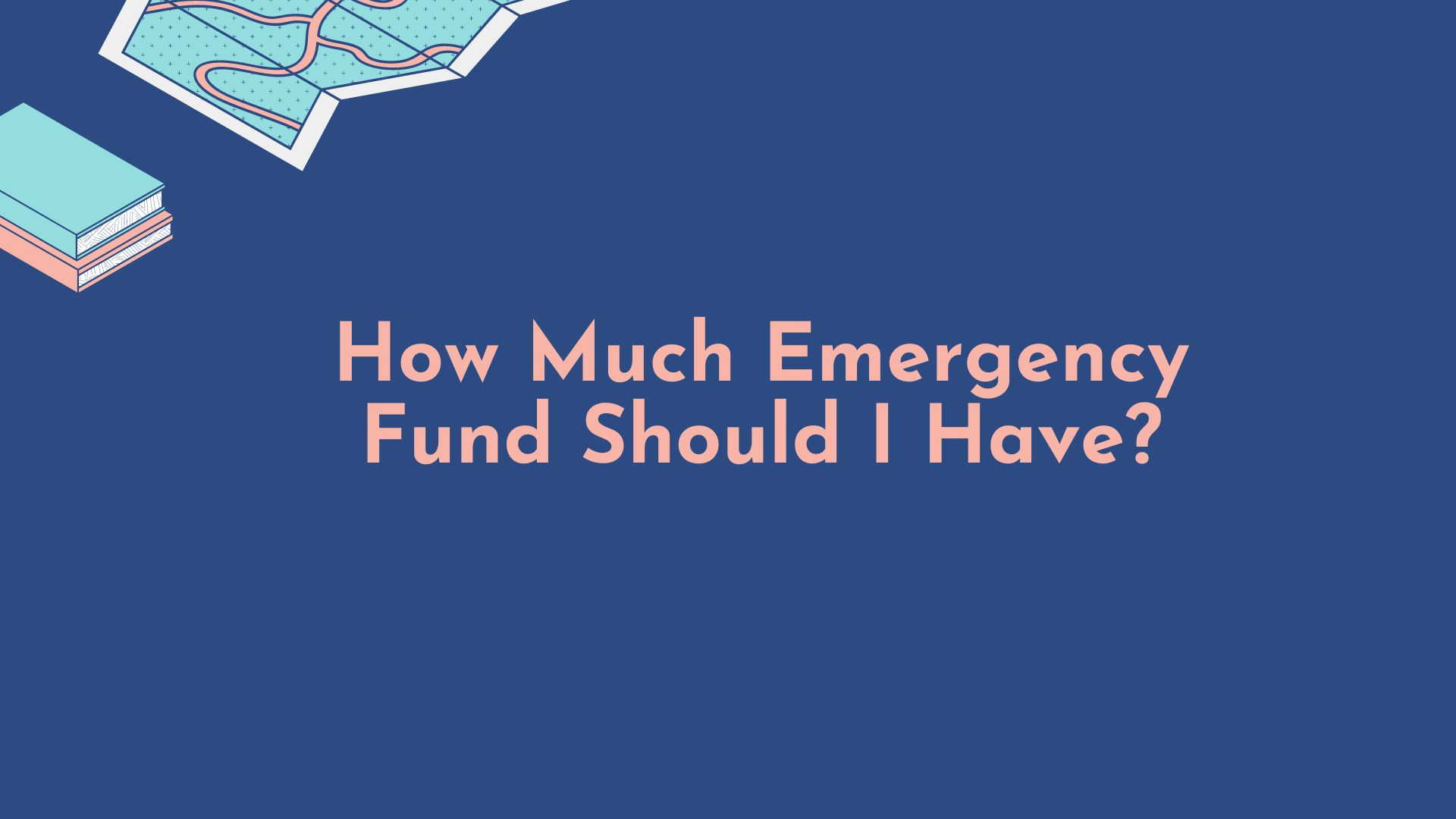Life can be unpredictable, and having an emergency fund can help you stay financially stable during tough times. But how much money should you have in your emergency fund? The answer may vary depending on your personal situation, but there are some general guidelines that can help you determine the right amount.
What is an Emergency Fund?
An emergency fund is a stash of money set aside for unexpected expenses. It’s often recommended to have three to six months’ worth of living expenses saved in your emergency fund, but this can vary depending on your circumstances. The purpose of an emergency fund is to provide a financial safety net in case of job loss, medical emergency, or other unexpected events.
Factors to Consider When Determining Your Emergency Fund
There are several factors that can affect how much money you should have in your emergency fund:
- Your monthly expenses
- Your job security
- Your health insurance coverage
- Your dependents
- Your debt
When considering these factors, you should aim to save enough money to cover your living expenses for at least three months. If you have dependents, a mortgage, or a high level of debt, you may want to aim for six months or more.
Building Your Emergency Fund
The key to building an emergency fund is to start saving as soon as possible. You can start small and gradually increase your savings over time. Here are some tips to help you build your emergency fund:
- Set a savings goal and make a plan to reach it
- Automate your savings by setting up automatic transfers from your checking account to your emergency fund
- Reduce your expenses and use the extra money to fund your emergency fund
- Consider taking on extra work or a side hustle to increase your income
Remember that building an emergency fund takes time and patience, but the peace of mind it provides is worth the effort.
When to Use Your Emergency Fund
Your emergency fund should be used for true emergencies only. This includes situations like job loss, medical expenses, or unexpected home repairs. It’s important to resist the temptation to dip into your emergency fund for non-essential expenses.
If you do need to use your emergency fund, make sure to replenish it as soon as possible. This will help ensure that you’re prepared for any future emergencies.
The Bottom Line
Having an emergency fund is an essential part of financial planning. While the amount you need to save may vary depending on your situation, it’s important to aim for at least three to six months’ worth of living expenses. By starting small and gradually increasing your savings, you can build a strong financial safety net that will provide peace of mind during difficult times.
